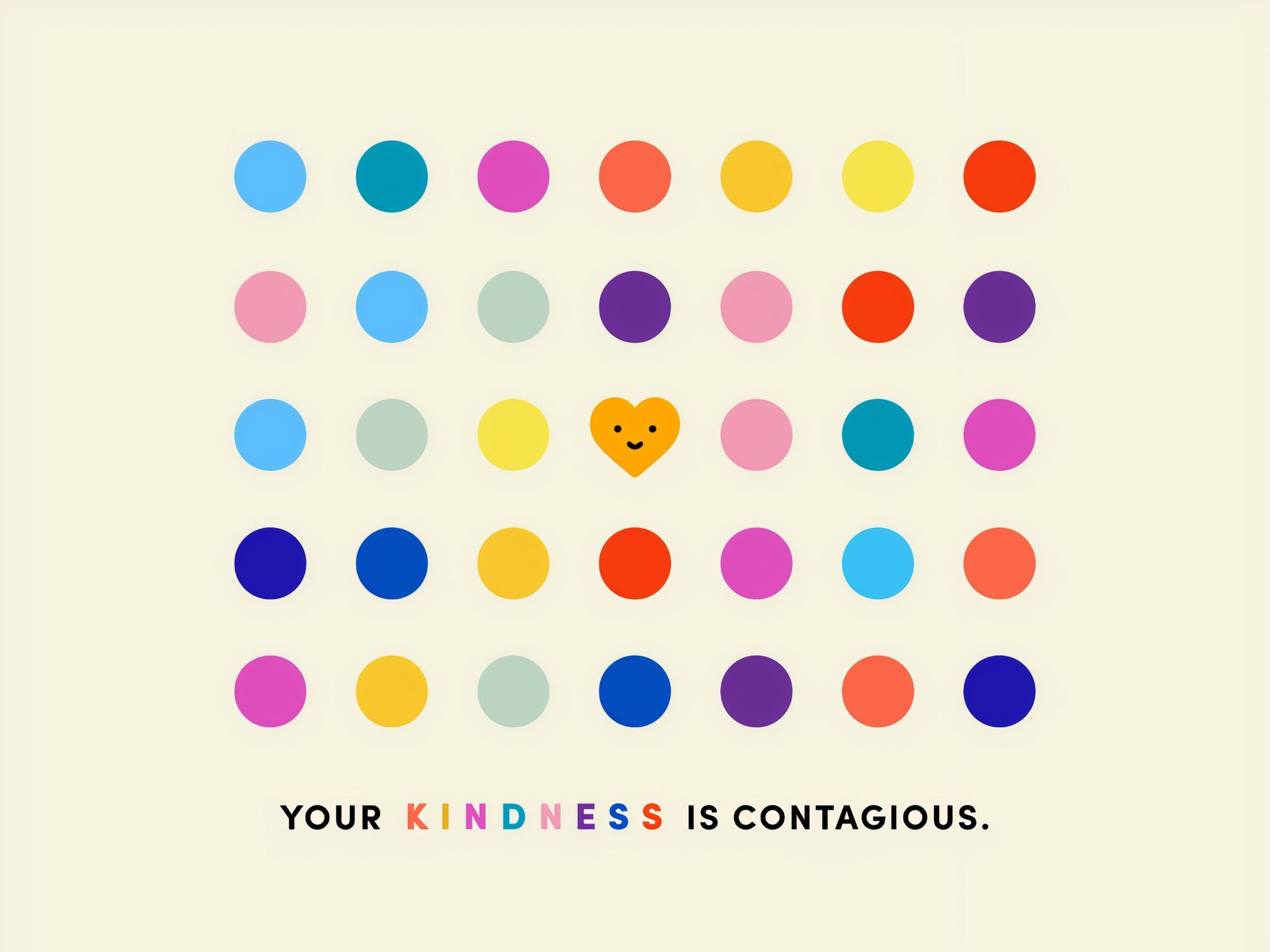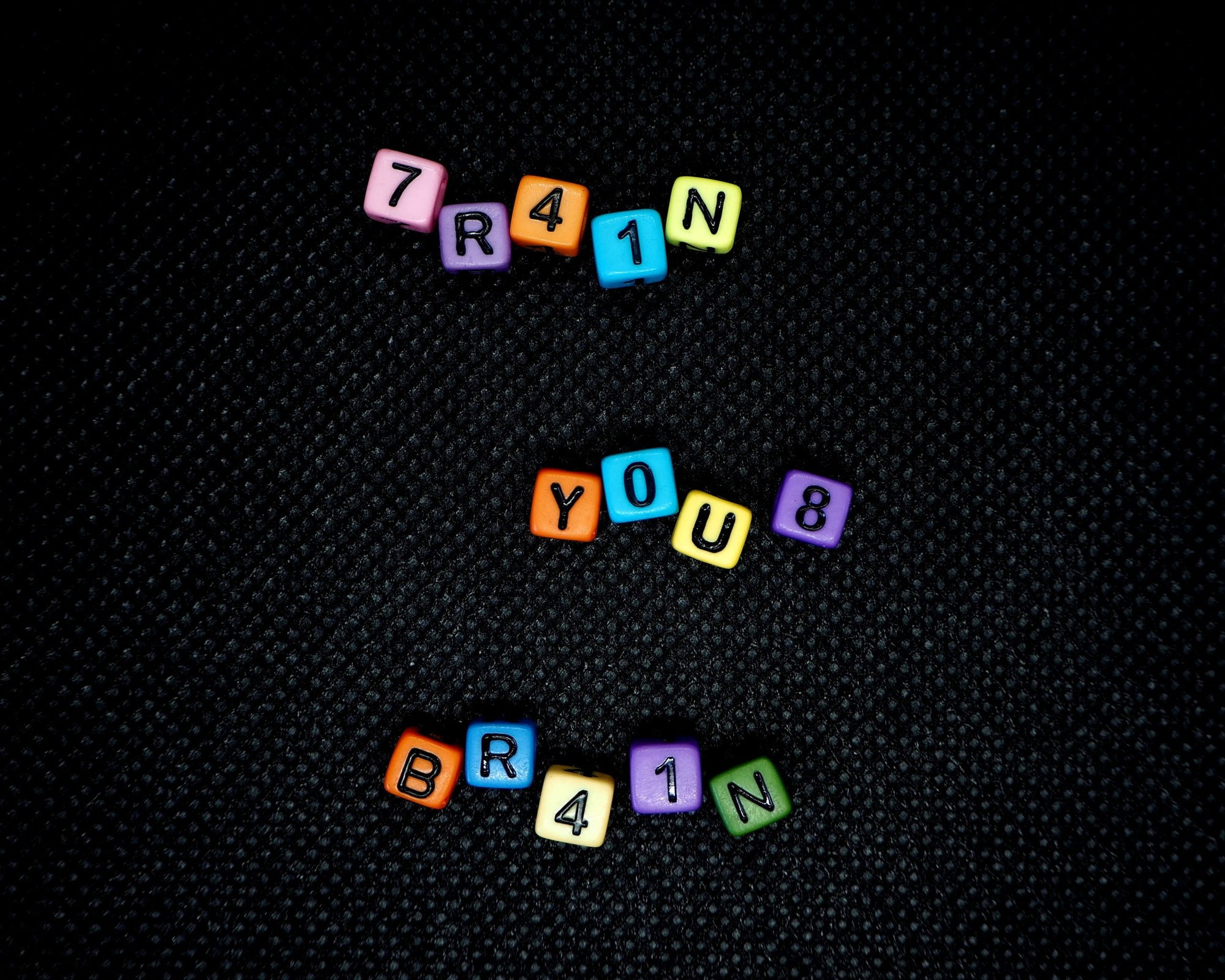What goes on in our brains when the lights are out
Sleep is essential for rest and repair of our bodies and minds. It is also vital for our immune system and broken non restful sleep and impact on our bodies ability to deal with disease.
What happens when we sleep?
When we sleep our brain takes on a life of its own. Moving between the different stages of sleep including non REM and REM sleep our brain is processing what has happened in the previous day, or days. Our brain is managing memories and moving them into long term storage and also processing ‘a deep clean’- a benefit of sleep that is becoming increasingly of interest regarding risk for Alzheimers Disease.
Dealing with emotions
Whilst we are in REM sleep we have dreams that we may or may nor remember the following day,
This REM stage of sleep also helps us process our feelings. Research has shown that people who had their REM phase of sleep disrupted were still being annoyed by challenging events that had happened in the previous day. This was compared to those who had slept better who were more able to get some perspective on the emotions that had gone on before and therefore less irritable. I think we can all relate to that feeling!***
Anxiety
Poor sleep can also impact on our anxiety levels - a study in the US showed that one night’s poor sleep can increase anxiety levels up to 30% in some.
‘A Deep Clean’?
The non REM phase of sleep is where a lots of the hard work goes on. Reach has shown that during this stage of sleep, slow waves of fluid actually wash over the brain.
Why does this matter ? This fluid clears the so called metabolic build up. Within this there are some proteins that are known to be associated with Alzheimers disease including Tau and beta amyloid
This cannot happen in our brains whilst we are awake as our neurons ( brain cells) are firing in different ways and all nutrients and oxygen are needed to help them do this. Essentially they are busy with the day job. *
Magic moments
I always used to think that sleeping gave the brain a chance to switch off but this is totally not what is going on!
Filing away memories is another key thing that happens whilst we are in the land of nod. Without enough sleep, our brains don’t get a proper chance to store what we have experienced. Research has showed that remembering something that has happened, even a small thing, weeks or months later is easier for your brain if you have been sleeping well **
A good nights sleep is important for so many reasons four our brain health and overall well being
Simple ways to help get a good nights sleep:
- Regular Routine- not just for kids, we thrive on a sleep routine
- Keep your room dark and cool- cosy is a nice idea but having your bedroom too warm is a common reason for a disrupted sleep
- Avoid caffeine after mid afternoon- yes even an afternoon cup of tea can impact our ability to fall asleep if we ares sensitive to it.
- Eat early- going to bed whilst still digesting your evening meal or snacks can make it harder to us to sleep properly and get the rest we need
- Avoid screens in the evenings - especially at the moment, the stress and anxiety caused by late night scrolling is a real threat to getting a full nights rest and recharge. Blue light from our screens also confuses our natural melatonin production and confuses us as to when it is night time.
Keep well,
Dr Clara Russell
*https://www.wired.com/story/scientists-now-know-how-sleep-cleans-toxins-from-the-brain/
**https://news.mit.edu/2009/memories-0624
***https://www.psychologytoday.com/us/blog/psychiatry-and-sleep/201908/sleep-and-memory-how-they-work-together









